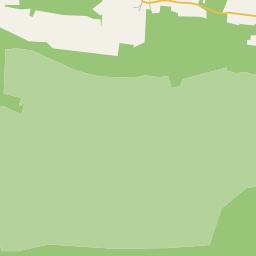











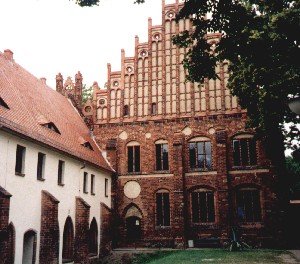
In 1170 twelve Cistercian monks and Abbot Theodorus came from the monastery Altenberg near Cologne. They reclaimed land from the bog near the town of Jüterbog and founded the Monastery Zinna.
It shows still us today the monks' impressive life and work.
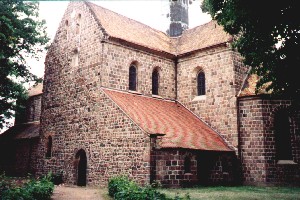
The Minster was the first building on the ground and consecrated in 1226. The granite pillar basilica unique in the North German area impresses through its simplicity, which reminds of early buildings of the Cistercian Order in Burgundy (France).
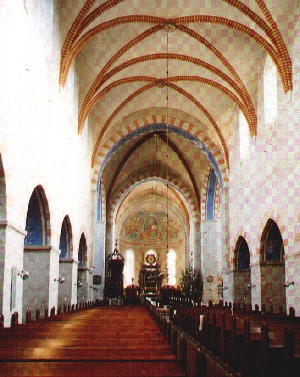
The religious order rule to live simple and built simple could be slightly eased through the abbey's wealth.
So you'll find at the cap stone carved wooden discs with the most diverse motifs from flora and fauna.
The original existing wooden ceiling of the basilica was replaced by a cross-shaped vault in the 15th century.
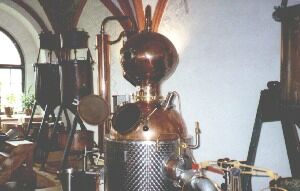
Today the museum is housed at the 'New Abbey'.
There is also the monastery's show distillery situated where among other things the famous "Zinnaer Klosterbruder" is being distilled after an old secret recipe.
A sample is included in the admission price.A visit to the Hand Weaving Museum at the Zollhaus Kloster Zinna (ca 5 minutes walk) is also inclusive.